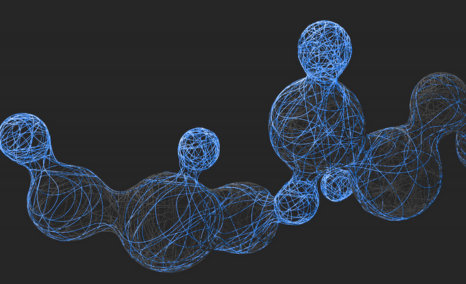If dementia genes are found, drug discovery can be accelerated in brain disorders
The overproduction of a protein called tau has been detected in the neuron degeneration that causes Alzheimer’s and other forms of dementia. But the exact genetic process that causes tau is still a mystery. Scientists of the University of California, Los Angeles, are trying to comprehend the genes that are involved in the tau overproduction. They ruminate that their findings could improve efforts to develop treatments for Alzheimer’s, early-onset dementia and other brain diseases. The team also detected two gene clusters beset by mutations that cause tau overproduction. They stated their findings in the journal Nature Medicine.
The luspatercept of Celgene passes phase 3 beta thalassemia trial
A phase 3 trial of Celgene’s luspatercept in adults with beta-thalassemia has been succeeded. The late-phase success of Celgene will soon file for approval of its Acceleron-partnered blockbuster prospect. The trial of Celgene evaluated the ability of erythroid maturation agent luspatercept to decrease the need for adults with anaemia related to beta thalassemia to undergo red blood cell transfusions. Luspatercept was done to drive enhanced outcomes by targeting TGF-beta proteins involved in the maturation of red blood cells. The phase 3 trial delivered further evidence to bolster the use of luspatercept. About one-fifth of participants, who received luspatercept every three weeks experienced a 33% reduction in transfusion burden during weeks 13 to 24 of the trial, compared to 5% of people on placebo.
Regeneron lists 80% complete response rate in lymphoma trial
Regeneron’s CD20xCD3 bispecific antibody has accomplished an 80% complete response rate in a trial of patients with relapsed or refractory follicular lymphoma. The strong early signs of efficacy led Regeneron to aim for a potentially registrational phase 2 study. REGN1979 is designed to bind to T cell surface antigen CD3 and tumour-associated antigen CD20. By linking the immune and cancer cells, Regeneron thinks REGN1979 may trigger specific, local T cell activation and thereby drive cytotoxic attacks against tumour B cells. Regeneron Pharmaceuticals Inc., a biotechnology company headquartered in Eastview, near Tarrytown, New York, had reported early signs of antitumor activity at a meeting of the American Society of Hematology.
H.pylori antibiotic of RedHill flies through phase 3
The lead asset of RedHill Biopharma, antibiotic cocktail RHB-105, defeated an amoxicillin combination in patients with H. pylori infection, topline phase 3 data. The results got RedHill, a biopharmaceutical company, for an FDA filing. RHB-105 is a combination of the antibiotics rifabutin and amoxicillin, and omeprazole, a proton pump inhibitor used to treat acidity in the stomach. The ERADICATE Hp2 study is a two-arm, randomized, double-blind, active comparator-controlled, the study involved 455 patients with dyspepsia, who also had H. pylori infection. Patients were allowed to receive four capsules three times a day for 14 days of either RHB-105 or of the active comparator, a combination of amoxicillin and omeprazole.



